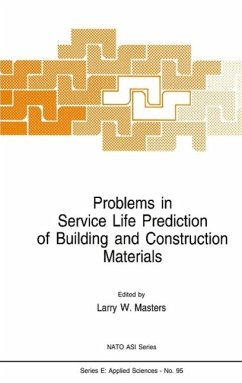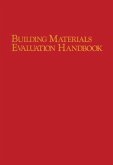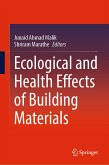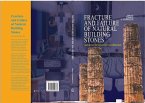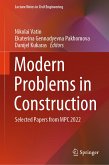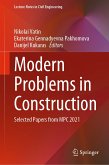Degradation, the chemical/physical response of building and con struction materials exposed to in-service environments, must be predicted prior to their installation in structures if materials are to be effectively selected, used and maintained. These assessments of materials degradation require that methods be available to aid prediction of service life. The objectives of building materials science are a) to charac terize and categorize materials, b) to predict, preferably in a mathematical sense, material or component response including expected service life, and c) to make improvements in material response through improvements in design, formulation, processing or specification. For building and construction materials, continued progress has been made towards objective (a), but little progress has been made towards objectives (b) and (c). Of these, the mathematical prediction of service life appears to be of greater importance, because, if general approaches or models having application to a wide range of building and construction materials can be identi fied, then the categorization, selection, use and improvement of materials can proceed in a systematic manner. Researchers in advanced technologies, such as aerospace, nuclear, electronics and medicine, have apparently been more successful than researchers in building and construction technology in responding to the need for reliable predictions of service life.
Dieser Download kann aus rechtlichen Gründen nur mit Rechnungsadresse in A, B, BG, CY, CZ, D, DK, EW, E, FIN, F, GR, HR, H, IRL, I, LT, L, LR, M, NL, PL, P, R, S, SLO, SK ausgeliefert werden.

